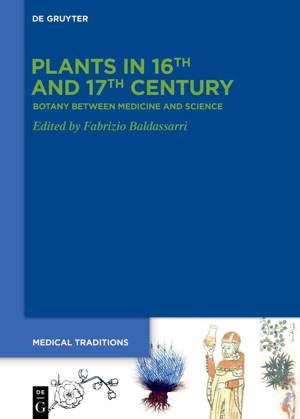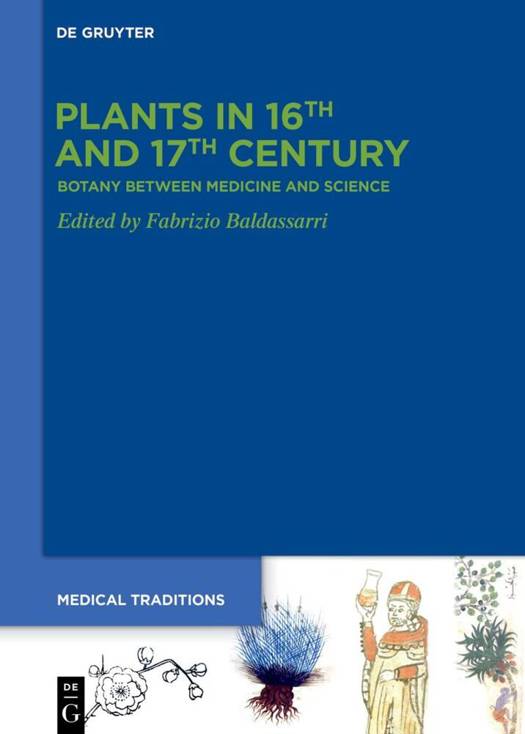
- Afhalen na 1 uur in een winkel met voorraad
- Gratis thuislevering in België vanaf € 30
- Ruim aanbod met 7 miljoen producten
- Afhalen na 1 uur in een winkel met voorraad
- Gratis thuislevering in België vanaf € 30
- Ruim aanbod met 7 miljoen producten
Zoeken
Plants in 16th and 17th Century
Botany Between Medicine and Science
€ 30,95
+ 61 punten
Omschrijving
In the pre-modern times, while medicine was still relying on classical authorities on herbal remedies, a new engagement with the plant world emerged. This volume follows intertwined strands in the study of plants, examining newly introduced species that captured physicians' curiosity, expanded their therapeutic arsenal, and challenged their long-held medical theories. The development of herbaria, the creation of botanical gardens, and the inspection of plants contributed to a new understanding of the vegetal world. Increased attention to plants led to account for their therapeutic virtues, to test and produce new drugs, to recognize the physical properties of plants, and to develop a new plant science and medicine.
Specificaties
Betrokkenen
- Uitgeverij:
Inhoud
- Aantal bladzijden:
- 276
- Taal:
- Engels
- Reeks:
- Reeksnummer:
- nr. 8
Eigenschappen
- Productcode (EAN):
- 9783112213841
- Verschijningsdatum:
- 30/06/2025
- Uitvoering:
- Paperback
- Formaat:
- Trade paperback (VS)
- Afmetingen:
- 170 mm x 244 mm
- Gewicht:
- 444 g

Alleen bij Standaard Boekhandel
+ 61 punten op je klantenkaart van Standaard Boekhandel
Beoordelingen
We publiceren alleen reviews die voldoen aan de voorwaarden voor reviews. Bekijk onze voorwaarden voor reviews.







